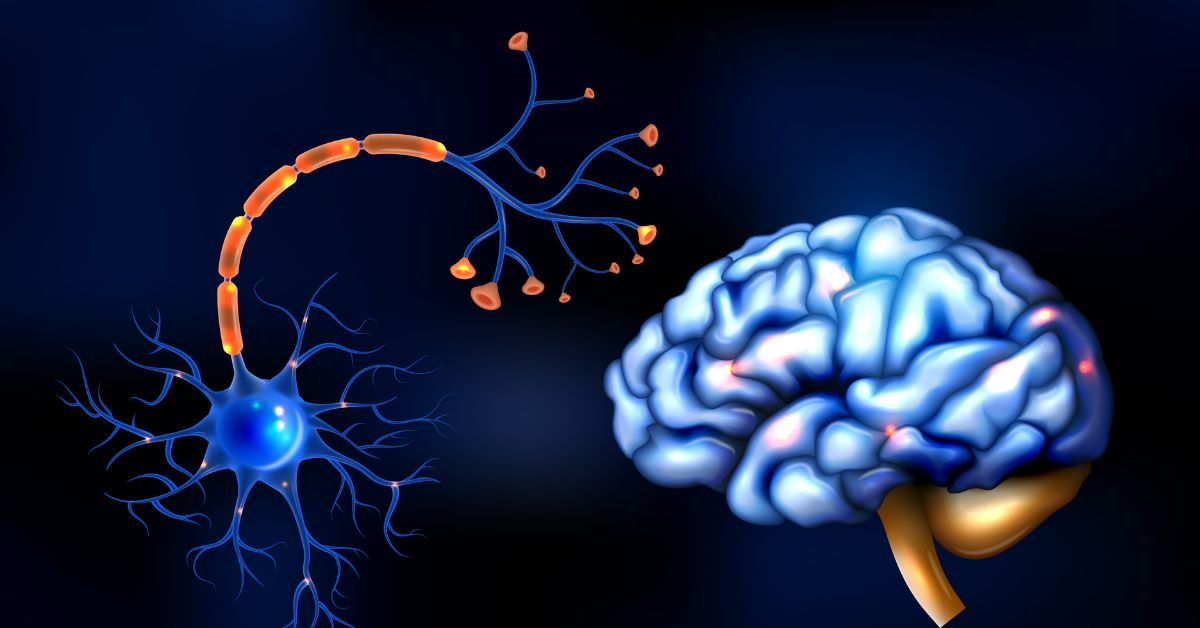- Courses
- GS Full Course 1 Year
- GS Full Course 2 Year
- GS Full Course 3 Year
- GS Full Course Till Selection
- Answer Alpha: Mains 2025 Mentorship
- MEP (Mains Enrichment Programme) Data, Facts
- Essay Target – 150+ Marks
- Online Program
- GS Recorded Course
- Polity
- Geography
- Economy
- Ancient, Medieval and Art & Culture AMAC
- Modern India, Post Independence & World History
- Environment
- Governance
- Science & Technology
- International Relations and Internal Security
- Disaster Management
- Ethics
- NCERT Current Affairs
- Indian Society and Social Issue
- NCERT- Science and Technology
- NCERT - Geography
- NCERT - Ancient History
- NCERT- World History
- NCERT Modern History
- NCERT Medieval History
- CSAT
- 5 LAYERED ARJUNA Mentorship
- Public Administration Optional
- ABOUT US
- OUR TOPPERS
- TEST SERIES
- FREE STUDY MATERIAL
- VIDEOS
- CONTACT US
Motor Neuron Diseases (MNDs): Progressive Neurological Disorders
Motor Neuron Diseases (MNDs): Progressive Neurological Disorders
29-06-2024

Introduction:
Motor Neuron Diseases (MNDs) are a group of progressive neurological conditions that affect the motor neurons, which are the specialized cells in the brain and spinal cord responsible for controlling voluntary muscle movements like walking, breathing, speaking, and swallowing.
About MNDs:
- Characteristics:
- MNDs are characterized by the gradual destruction of motor neurons, leading to muscle weakness and impaired motor functions.
- Age of Onset:
- MNDs can manifest at any age, but the symptoms typically appear after the age of 50.
- Early Signs:
- The initial indicators of MNDs include muscle weakness and slurred speech, eventually progressing to paralysis.
- Gender Prevalence:
- MNDs are more prevalent in males than in females.
- Causes:
- The exact cause of MNDs remains unknown.
- A combination of environmental, lifestyle, and genetic factors is believed to contribute to their development.
- Most cases of MNDs are sporadic, without an identifiable cause.
- Approximately 1 in 10 cases are familial, resulting from inherited genetic mutations.
- Associated Diseases:
- MNDs encompass various diseases, including amyotrophic lateral sclerosis (ALS), progressive bulbar palsy, primary lateral sclerosis, progressive muscular atrophy, spinal muscular atrophy, Kennedy's disease, and post-polio syndrome.
- Amyotrophic Lateral Sclerosis (ALS):
- ALS is the most common form of MND, affecting both upper and lower motor neurons.
- It impacts muscles in the arms, legs, mouth, and respiratory system.
- On average, individuals with ALS may live for 3 to 5 years after diagnosis, but with supportive care, some may survive for 10 years or longer.
- Treatment Options:
- Currently, there is no known cure or standard treatment for MNDs.
- Symptomatic and supportive treatments aim to enhance comfort and maintain quality of life.
What is a Neuron?
- A neuron, also known as a nerve cell, is a specialized cell within the nervous system responsible for transmitting information through electrical and chemical signals.
- Neurons are the fundamental building blocks of the nervous system and play a vital role in processing and communicating information throughout the body.


